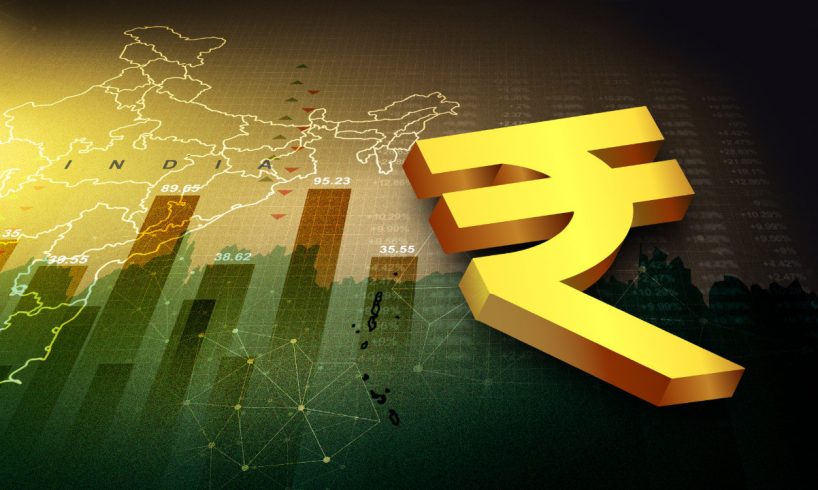
The Indian government has told parliament that it does not have a plan to issue cryptocurrency to be regulated by the central bank, the Reserve Bank of India (RBI). The government also clarified that India’s central bank digital currency (CBDC), that the RBI will launch this financial year, is “a digital version of traditional paper currency.”
Indian Parliament Asks Government About ‘RBI Cryptocurrency’
The Indian ministry of finance answered some questions Tuesday in Rajya Sabha, India’s upper house of parliament, regarding “RBI Cryptocurrency.”
Rajya Sabha member Sanjay Singh asked the finance minister to state “whether it is a fact that [the] government is planning to introduce a cryptocurrency that will be regulated by the Reserve Bank of India (RBI).”
Pankaj Chaudhary, the minister of state in the ministry of finance, replied: “No sir.”
Singh further asked whether the government is aware that cryptocurrency “is unregulated and free from government intervention.”
Minister Chaudhary confirmed:
Currently, cryptocurrencies are unregulated in India.
The Indian government is currently working on cryptocurrency legislation. A cryptocurrency bill was listed to be introduced in the winter session of parliament but it was not taken up. There are reports that the government is currently consulting widely on the regulation of crypto assets and will need more time due to the complexity of the issue.
Rajya Sabha member Singh proceeded to ask the finance minister about the digital rupee which the RBI is working on and plans to issue in this financial year.
“What is the difference between the RBI cryptocurrency and traditional paper currency?” he asked.
Minister Chaudhary replied:
RBI does not issue cryptocurrency. Traditional paper currency is a legal tender and is issued by RBI in terms of provisions of RBI Act, 1994. A digital version of traditional paper currency is called central bank digital currency (CBDC).
Indian Finance Minister Sitharaman said during her Feb. 1 budget speech: “The introduction of a central bank digital currency will give a big boost to the digital economy. Digital currency will also lead to a more efficient and cheaper currency management system.”
Commenting on the upcoming digital rupee launch, Indian Prime Minister Narendra Modi said: “The digital rupee will revolutionize the fintech sector by creating new opportunities and lessen the burden in handling, printing, logistics management of cash.”
What do you think about the Indian government having no plan to issue cryptocurrency? Let us know in the comments section below.
Kevin Helms
Image Credits: Shutterstock, Pixabay, Wiki Commons
Disclaimer: This article is for informational purposes only. It is not a direct offer or solicitation of an offer to buy or sell, or a recommendation or endorsement of any products, services, or companies. Bitcoin.com does not provide investment, tax, legal, or accounting advice. Neither the company nor the author is responsible, directly or indirectly, for any damage or loss caused or alleged to be caused by or in connection with the use of or reliance on any content, goods or services mentioned in this article.
More Popular NewsIn Case You Missed It
















